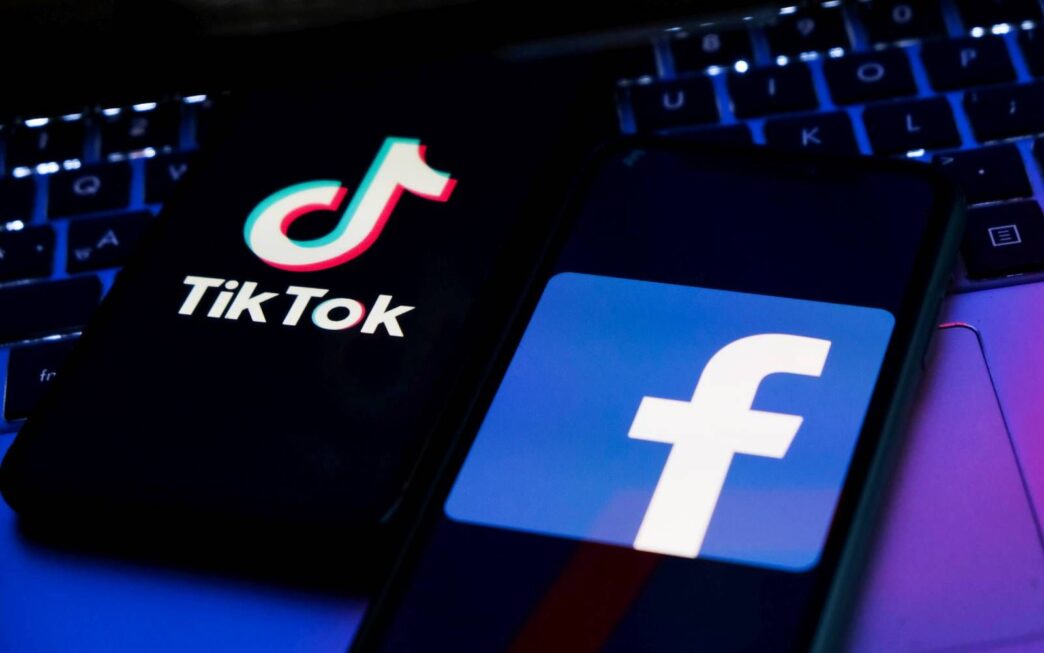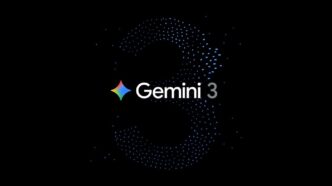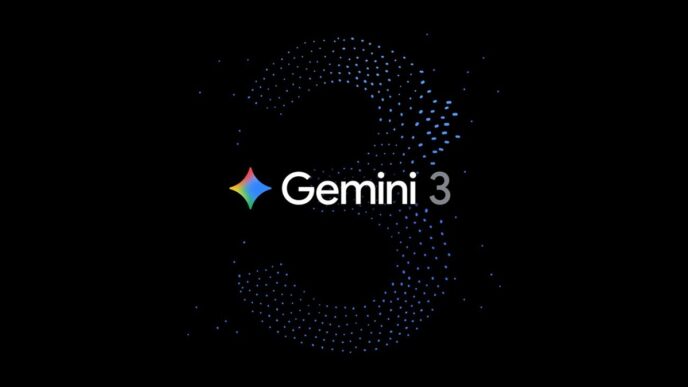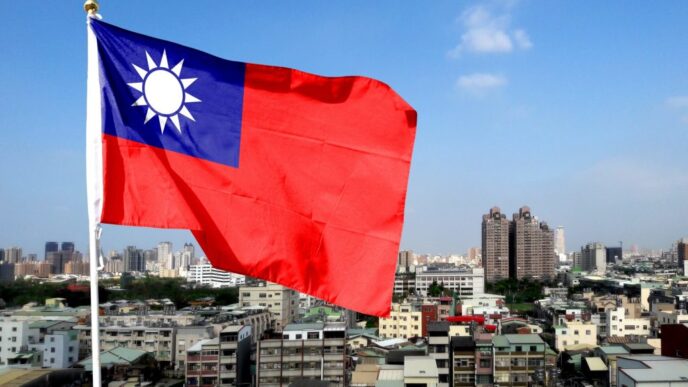A US federal judge on Tuesday dismissed the government’s antitrust lawsuit against Meta, ruling that the company’s acquisitions of Instagram (2012) and WhatsApp (2014) did not create an illegal social media monopoly.
The five-year legal challenge, brought by the FTC, argued that Meta had illegally maintained its dominant market position by buying out competitive threats.
However, Judge James Boasberg concluded that Meta faces ample competition from rivals like TikTok and YouTube, preventing it from wielding monopoly power in the current social media environment.

The court rejected the government’s argument that Facebook, Instagram, and Snapchat operated in a distinct market solely for connecting friends and family.
The judge noted that Facebook and Instagram have significantly evolved, now focusing primarily on showing users short, algorithm-recommended videos (like Reels), making their core offerings nearly identical to those of TikTok and YouTube.
The evidence showed that users now spend minimal time viewing content from friends on these platforms, treating the major video and social platforms as substitutes.
This ruling is a significant victory for Meta and a setback for US antitrust enforcers who have been aggressively pursuing major cases against Big Tech companies, which have yielded mixed results in court.


 Trending
Trending 













